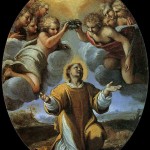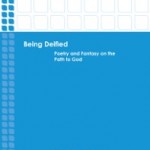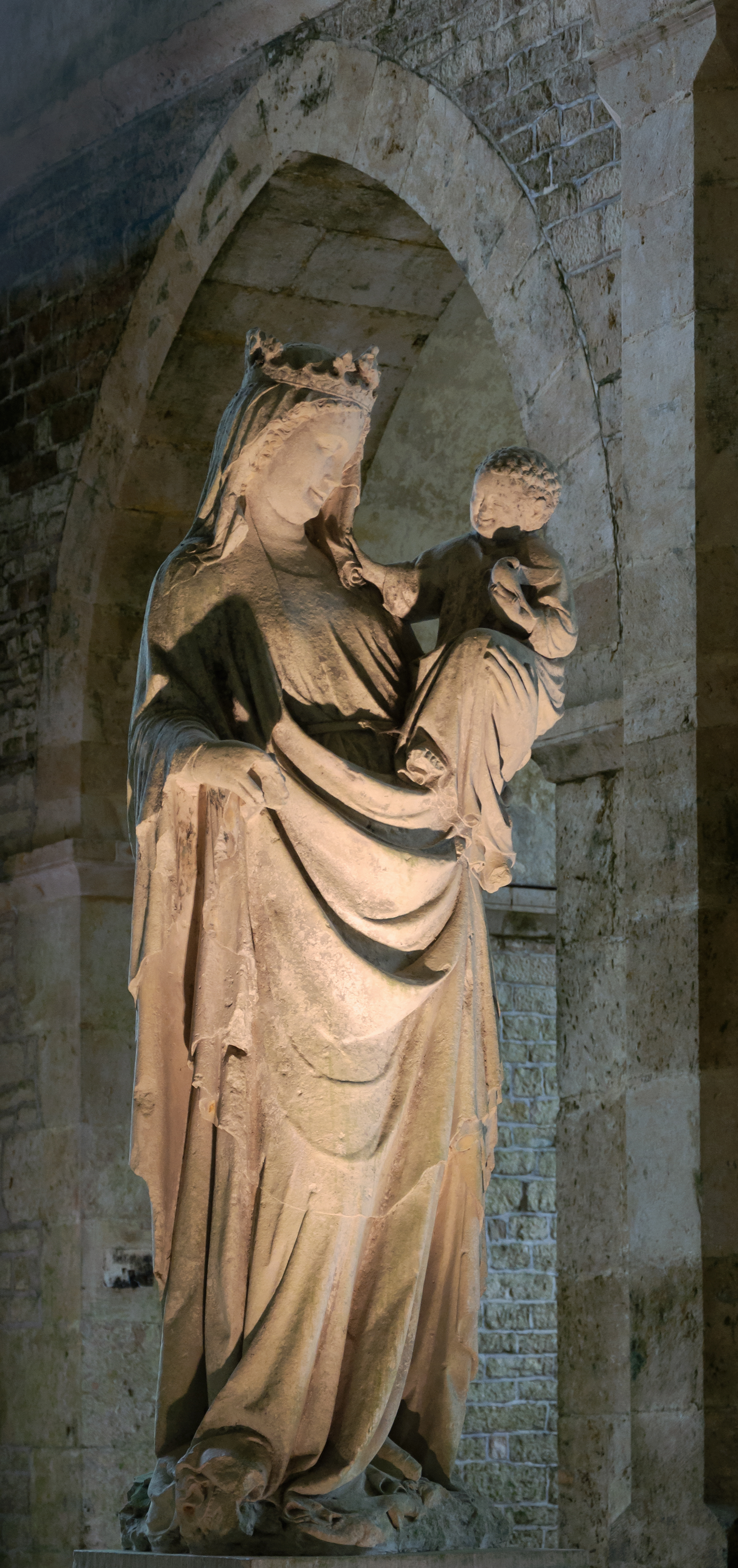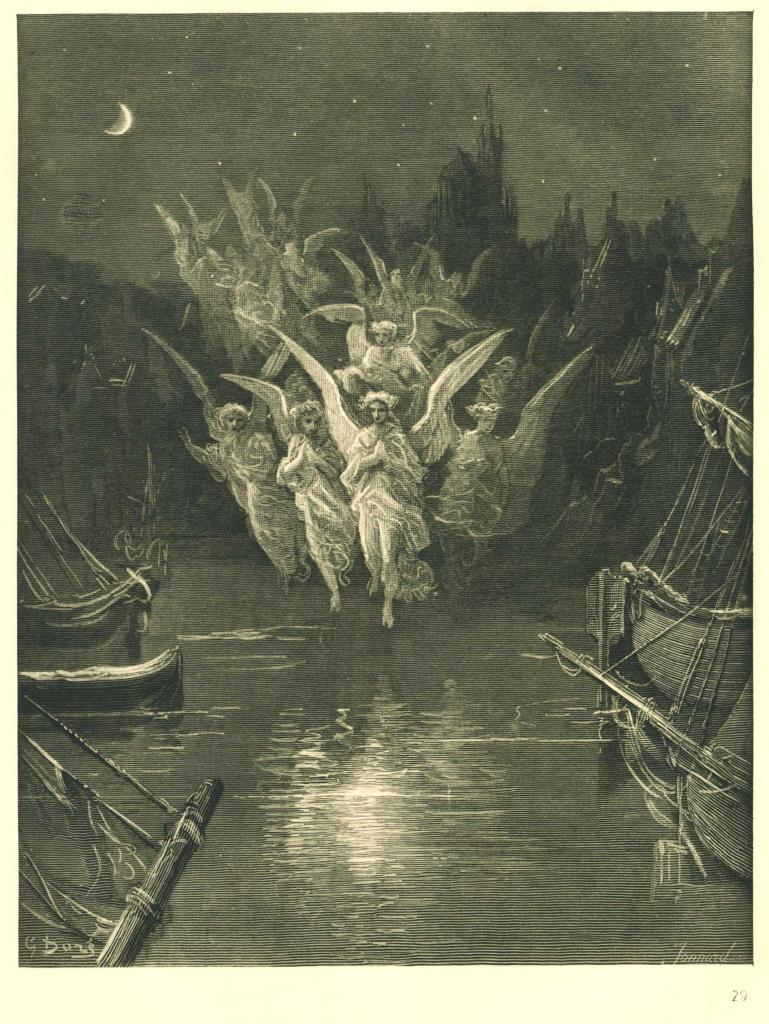
Ordinary Time
27 July 2016
The Edge of Elfland
Hudson, New Hampshire
Dear Readers,
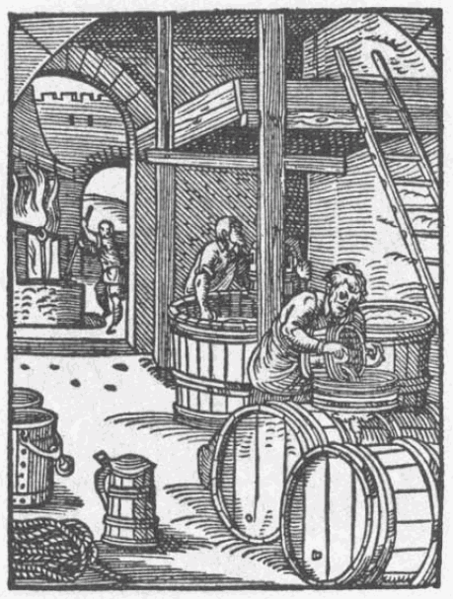
This morning as I was scrolling through Facebook, I came across on article from the Croydon Guardian entitled, “Ale Mary: Croydon Minster to revive medieval tradition of blessing beer.” Friends of mine will know that I am fairly passionate about my beer and wine (and scotch and recently bourbon, ok, I like a good alcoholic beverage shared with friends, and good food). So, my interest was certainly piqued by this article. The priest behind the move is quoted as saying, “’It’s totally mad really, but it’s reviving an ancient tradition, and it’s a good way of connecting the church with the community. I had known about it, but I have just never put it into practise, and thought: why don’t we do something a bit fun and get Croydon out?’”
I was reminded by this article of Alison Milbank’s excellent little videos with Tom O’Loughlin dealing with the agricultural feasts and festivals that have existed and do still exist, especially in the Church of England. Specifically during Rogationtide at the church St. Mary’s in Cambridge, rather than going out and blessing the fields, which they didn’t have, the church would go around to the pubs and bless them. I highly recommend these interviews with Rev. Dr. Milbank and will link to them at the bottom. What these agricultural feasts and festivals do is twofold: First and foremost they reconnect us as individuals and communities to the source of our food. If we could reincorporate these celebrations into our worship we would be reminded that the Almighty Trinity is the supplier of all our needs, including the food we eat. We would also be reminded that this food, which is a gift from God, also comes to us by the work of human hands. Maybe, if we celebrated these festivals we would be think harder about what we buy in the supermarkets and where and from whom we buy our food in general. It might also insight us to grow our own food and so reconnect with the rhythms of the earth that are bound up in the rhythms of the church (recognizing that the dates for some of these would need to be translated for churches in the southern hemisphere).
Second, these celebrations remind us that the local, parish church is part of the local community. It is true 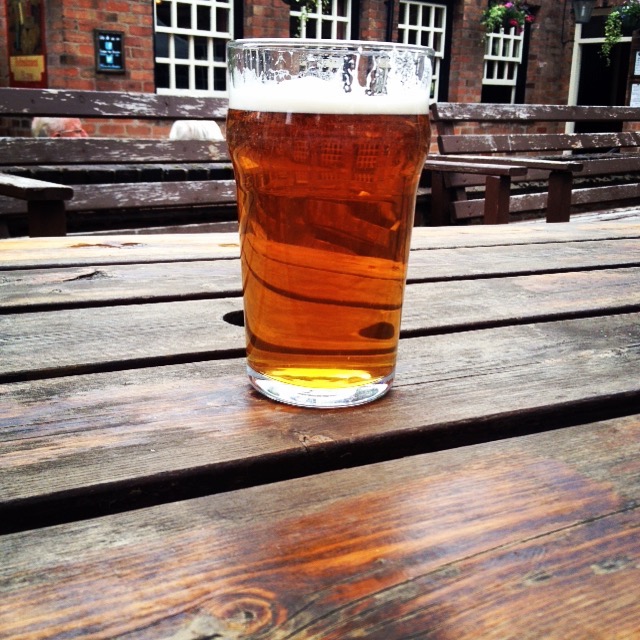 that we live in an unfortunate age where the church has been fractured and so many towns and cities do not have a single, local church. Nevertheless, these festivals give us an opportunity to reconnect with the places in which we actually live. This is what I find so beautiful about the blessing of the beer in Croydon. Fr. Taylor understands that while in one sense the Church resides outside of the world it also very much resides in the world. The local church is, or ought to be, a physical instantiation of the reunification of heaven and earth. Therefore it makes complete sense that the local church (or churches for nothing stops these celebrations from being ecumenical affairs) should and must engage in blessing local activities and establishments. It is true that this wouldn’t be welcome everywhere and that some churches might have to find ways to bring the village into the church before the church could enter into the village in such a
that we live in an unfortunate age where the church has been fractured and so many towns and cities do not have a single, local church. Nevertheless, these festivals give us an opportunity to reconnect with the places in which we actually live. This is what I find so beautiful about the blessing of the beer in Croydon. Fr. Taylor understands that while in one sense the Church resides outside of the world it also very much resides in the world. The local church is, or ought to be, a physical instantiation of the reunification of heaven and earth. Therefore it makes complete sense that the local church (or churches for nothing stops these celebrations from being ecumenical affairs) should and must engage in blessing local activities and establishments. It is true that this wouldn’t be welcome everywhere and that some churches might have to find ways to bring the village into the church before the church could enter into the village in such a
prominent way. Nevertheless, it must be tried. People need to see that the Church is not so divorced from the culture that it cannot recognize the importance of things like food and beer.
So, I call for those who can make such calls, for I am in no position to make any
individual church do this, to look into these ancient agricultural festivals and find ways to incorporate them into your local church calendar. After all the Church is universal, but it is also local. And while you’re at it, have pint for me.
Sincerely,
David

